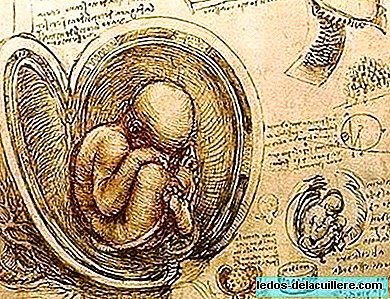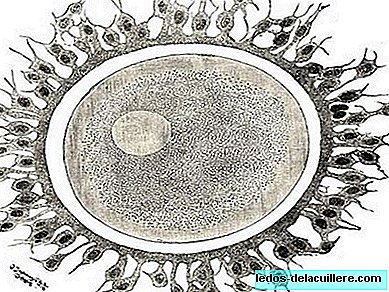
The advances in research are such that new information often appears that amazes us and makes us think about how unlimited it can be The power of nature.
Gestation is a moment of symbiosis between two lives. During those nine months, in addition to all the phenomena we already know, the so-called happens fetal microchimerism
It is an exchange of cells between mother and child that causes some pluripotential stem cells (can be transformed into any type of cell) of the blood of the fetus and the placenta into the mother's circulation and some cells of the mother pass to The circulation of the fetus.
The effect of this phenomenon, which has yet to be studied in depth, seems to be twofold. On the one hand there seems to be a preventive effect by providing cells that can be used in the future as a cure for possible diseases, but on the other hand there are cases in which they could be the origin of certain diseases. The cells of the fetus that pass to the mother have a great capacity for renewal and collaborate with the adult stem cells in the regenerative function of the woman's body.
There are data on the participation of these cells in the repair of the heart of mothers suffering from heart disease. When analyzing these heart cells, it was observed that they contained the Y chromosome, exclusive to the male, and therefore were cells that came from the previous pregnancy of a child.
Events like this have been documented in organs such as the liver, kidney and even the brain in women who had these organs previously damaged.
The benefits of fetal microchimerism are mutual, since it has been observed that cells that pass from the mother to the child try to repair damaged tissue in diabetic children.
However, it seems that not all are benefits and it seems that in some cases some cells of the fetus that have passed to the mother identify the maternal cells as "strange" and attack them causing autoimmune diseases.
In fact, fetal microchimerism has been associated with pregnancy-related diseases such as preeclampsia and polymorphic eruption.
In a study of women with preeclampsia it was observed that they had approximately 1 fetal cell for every 1,000 cells in the maternal circulation, while in healthy pregnant women, the proportion was only 1 per million.
Without a doubt, and despite being a double-edged sword, fetal microchimerism is a phenomenon of nature The less surprising. New studies appear every year in this regard, since the possibility that the benefits of a pregnancy in the baby and in the mother will last over time is a little explored terrain that can provide very valuable information.
Personally, I look forward to obtaining more information on this topic that I found exciting.












